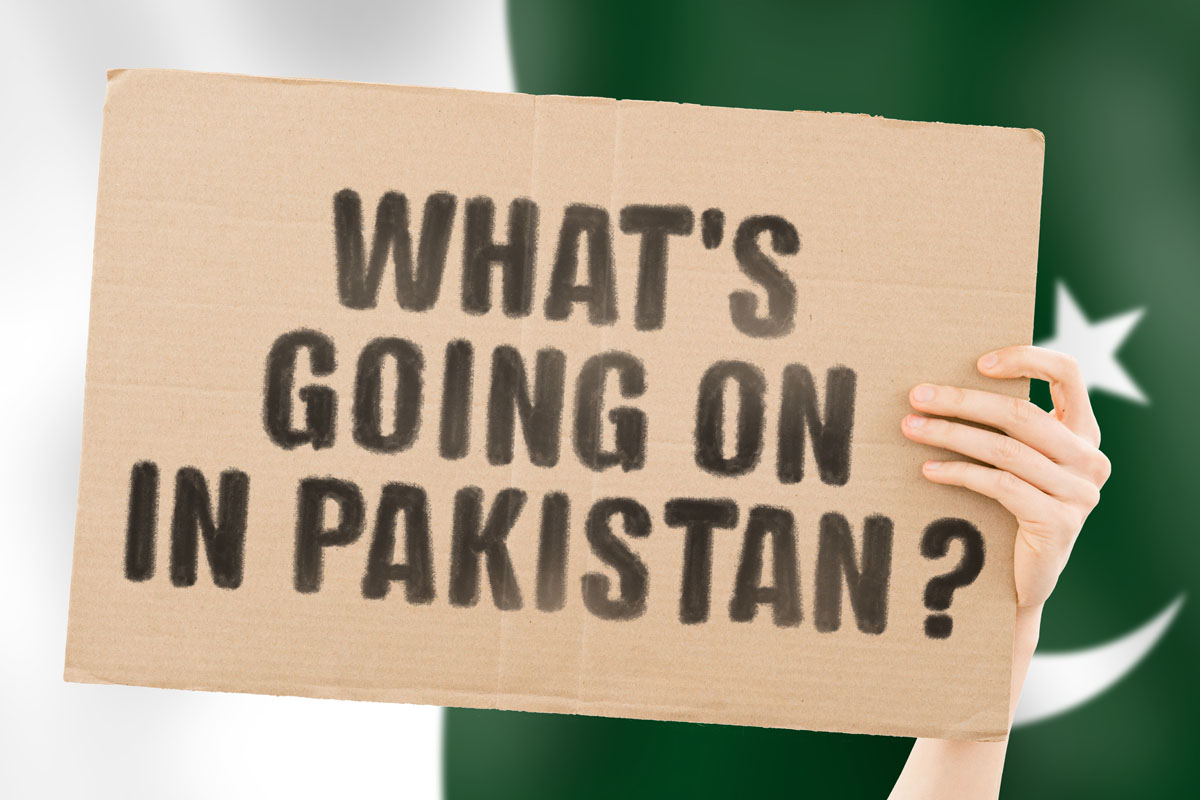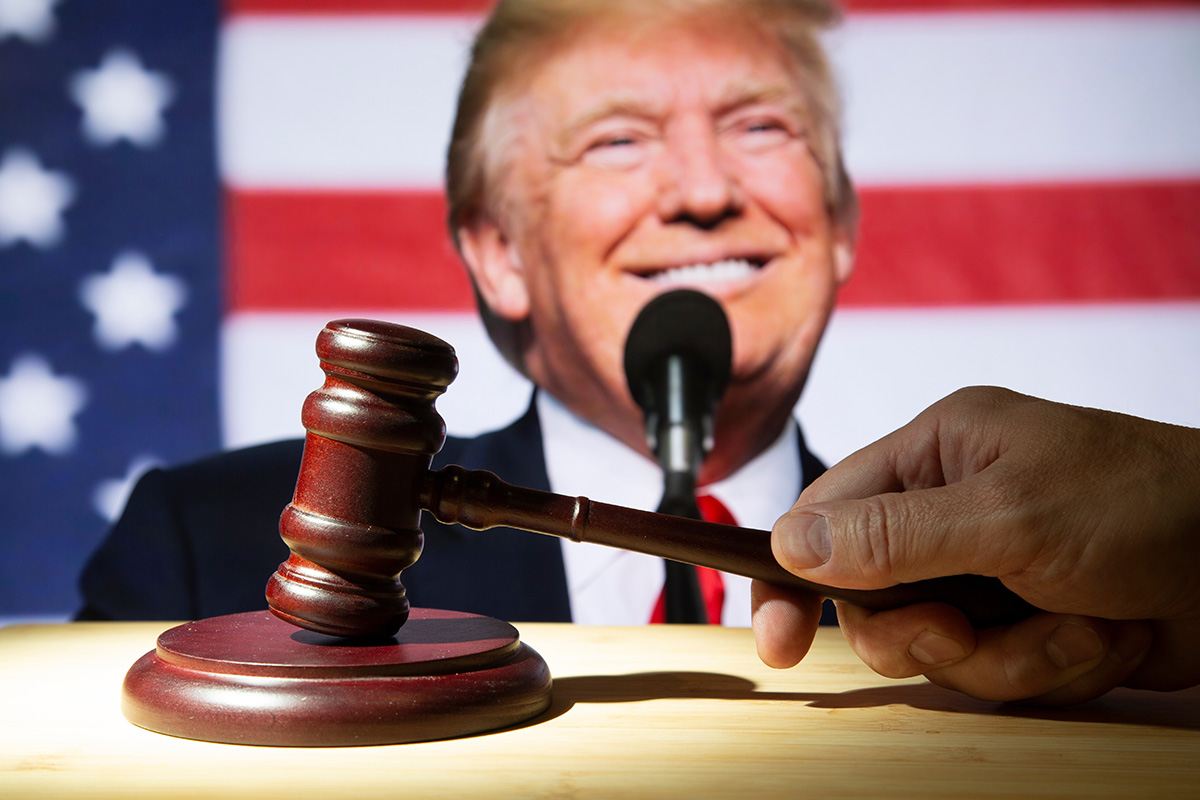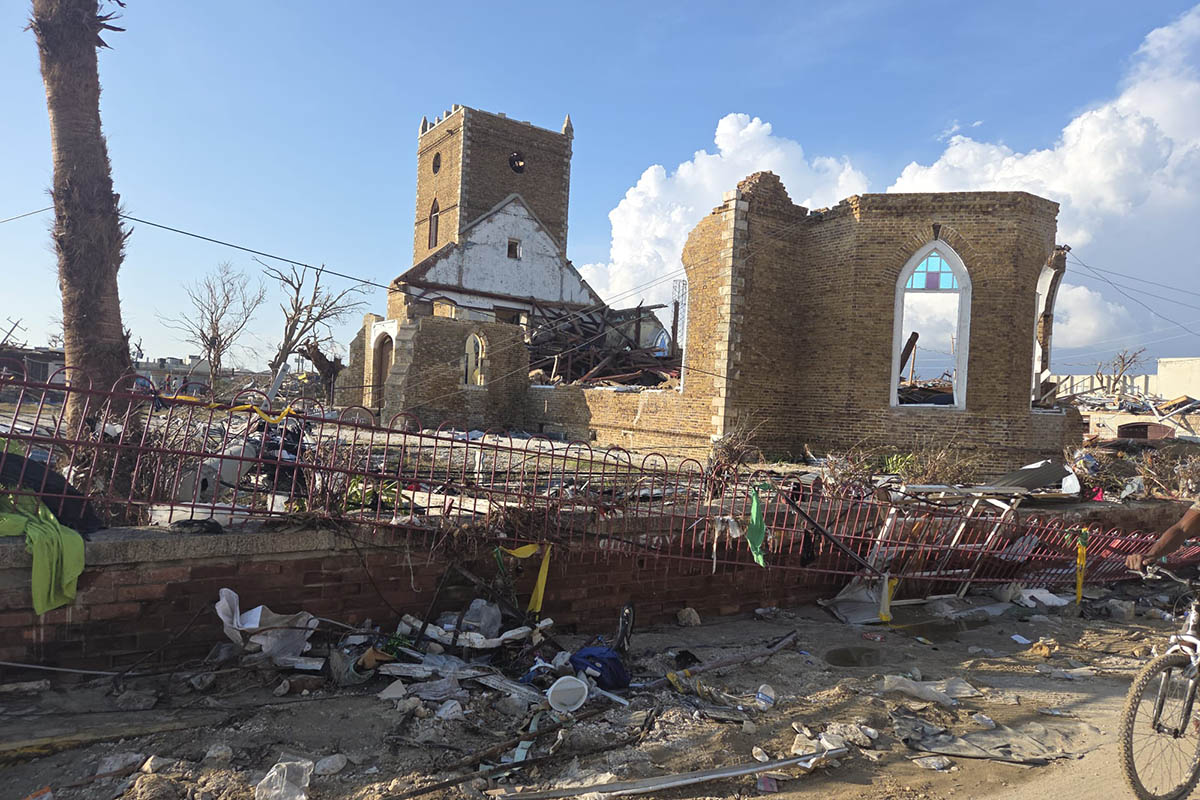Pakistan’s Foundational Issues: Relevance Today
March 26by Sarmad Shahbaz
Pakistan has been in a vitriolic tornado for quite some time now. Though the country has been dependent upon International Financial Institutions (IFIs), friendly countries, and strategic-war-aided pouring of finances for the past three decades, the unprecedented turmoil we are seeing today is rock bottom, if not a complete catastrophe.
The country has negatively broken the records on the dashboard and has topped in nearly all the human developmental indicators (topped from the bottom as we are lowest in Corruption, Justice, Health, Press, etc. indexes).
From one segment of an individual’s life to another, our guilty conscience is ever-satiated because of what has been done to this nation, let alone the country. Today, while the Bretton Woods delegation is giving the decision-makers a tough time, we have a devil-may-care attitude about the downturn in trajectory of the political, social, and economic sectors.
So why are these crises? Let’s talk about the political sphere first. The Islamic Republic of Pakistan is referred to as a state. In political theory, states are made up of four main uncompromised components including the constitution, population, territory, and sovereignty. In Pakistan’s case, all of the state ingredients are troubled today:
- The Constitution – being subverted and not-paid-heed,
- The Population (most important, often titled as Nation) – being confused and running away as seen around 800,000 people left the country in the past year,
- The Territory – being in a tug-of-war with its neighbour
- Sovereignty – being defined mystical and misused by the delegated individuals, if not by the international powers.
Adding to the embarrassment, there is no transparency in the country’s overall management due to the pulling of strings from behind the curtain, making real democracy a mere puppet phenomenon. Thus, from a political standpoint, the state itself has completely ceded.
We have a devil-may-care attitude about the downturn in trajectory of the political, social and economic sectors.
What is wrong with the economy? To be clear, we have defaulted in actual, if not on paper. When a country defaults, the incoming and outgoing monetary funds stop, and a trust deficit prevails in the international community.
Quoting the economic experts from Miftah to Asim, Pakistan has preposterous fiscal policy issues, troubled fiscal federalism, imbalance of payments and trade – all these complemented by an ever-lacking quality of human-capital, hack-headed economy, irrational governmental subsidies, and an uncompetitive market.
In the past four decades, Pakistan has been on the verge of IMF’s mercy thirteen times (twenty-two times since its inception). This means we have to cajole the Bretton Woods sisters every three years or so.
Similarly, Pakistan has very little exporting power as a developing country. Our exports are dependent on our imports. Even our most important agricultural sector is dependent upon imports.
How on earth did this hell break out? Simple – our lack of management. Adjoined with this, instead of encouraging a competitive market, our governmental policies tend to subsidise them, pushing them back into their comfort zone.
Furthermore, our human capital lacks the motivation to do anything. Pakistan may land in the top ten of the world’s labour force by quantity, but we land in the least 10 when it comes to quality. Delaying harsh economic reforms is becoming a proactive poison that is rupturing the whole country.
As a society, the country has ingrained procrastination, confusion, lack of motivation, and the urge to bare minimum effort. The country – in its polity and its population – remains a confused entity.
As mentioned above, for a state to become a state, its nation has to be progressive, demanding, competitive, and innovative. Instead of demanding, that too in negative terms, we as a nation lack progressiveness and competitiveness, and let’s not talk about innovation.
The people in Pakistan hardly have the long-term approach, far-reaching expectations that can be realised, and patience for a return. Government and the elite-captured sectors are unable to provide opportunities to young people, and these brilliant minds escape in herds.
Meanwhile, the minds left in Pakistan are either busy finding a rugged way for quick money or tend to engage in deviant activities. It goes back to the state’s responsibility to provide at least something to the young.
To tap the so-called youth potential, the government, civil society, and various sectors have done the bare-minimum (being habitual). This unleashing of power would never work with insanity prevailing to serve the one per cent.
Having said all of the above, we have to do the exact opposite of what we are doing now. For Pakistan to prevail in political, economic, and social sectors, the country has to go through foundational surgery and reformatory physiotherapy. Only by doing this, would the country be able to walk, if not run.
The country has gone through various experiments in the past, then why not one more – this time, only by the common people themselves?






